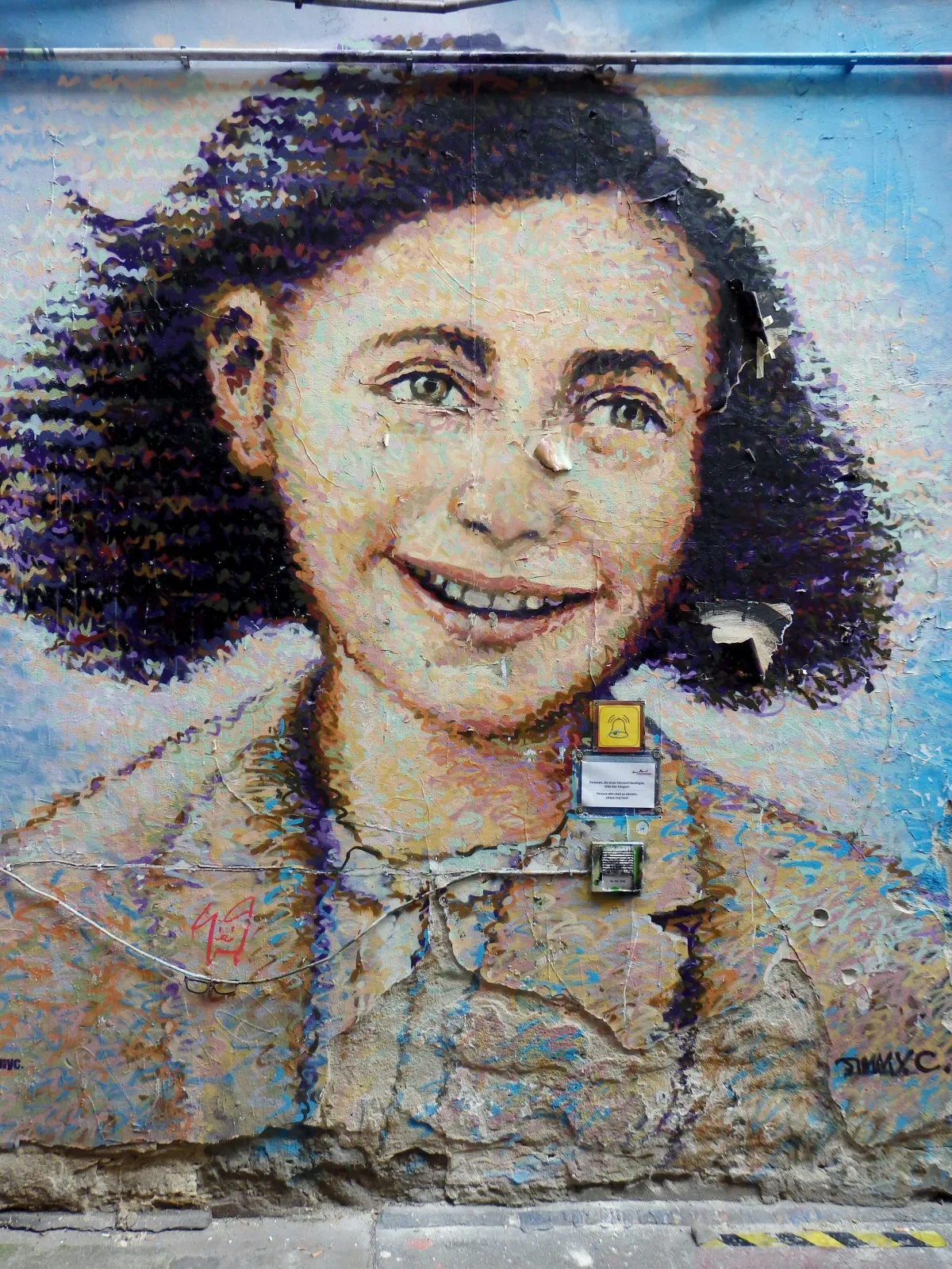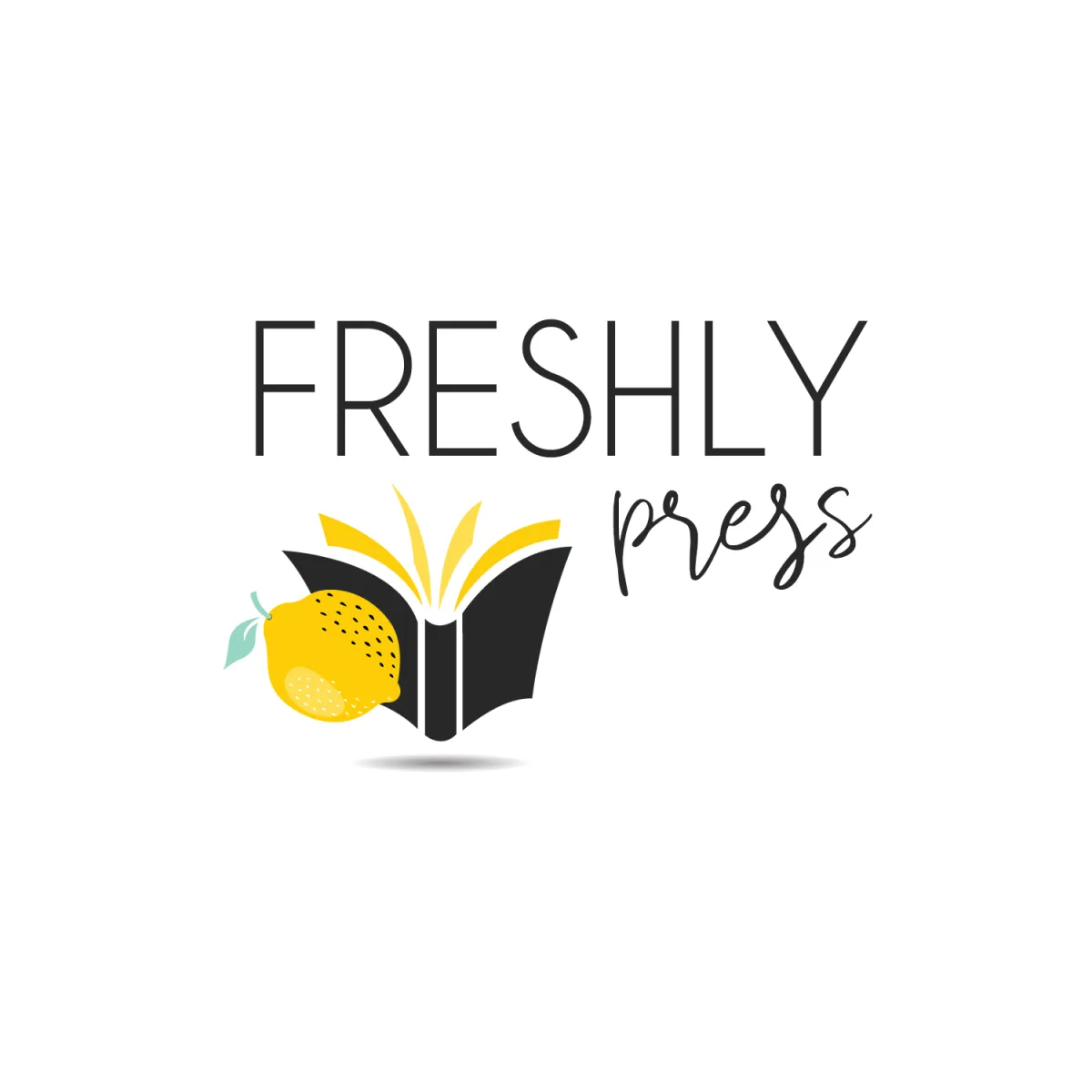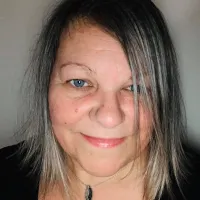
Anne Frank’s ‘The Diary of a Young Girl’ - And The Importance of Memoir
June 12th, marks the anniversary of the birth of Anne Frank.
Anne was Jewish and hid, along with her family, in 1942 from the Nazis during the occupation of the Netherlands. Two years later she was discovered. In February 1945 she died in the Bergen-Belsen concentration camp aged just fifteen years old. But her tragically short life left the world with an extraordinary legacy, her diary, which gives us a lens through which to see the impact and dangers of discrimination, racism and hated. It wasn’t her intention. She wanted to be a writer and had the same hopes and dreams for the future as any adolescent. The writing itself is youthful, sometimes naive and straightforward and in many ways all the more important for being so. But there are also many examples of wisdom and understanding.
On her thirteenth birthday, just before they went into hiding, Anne was given a diary. During the two years in hiding, Anne wrote about events in the Secret Annex, but also about her feelings and thoughts. In addition, she wrote short stories, started on a novel and copied passages from the books she read in her Book of Beautiful Sentences. Writing helped her pass the time.
When the Minister of Education of the Dutch government in England made an appeal on Radio Orange to hold on to war diaries and documents, Anne was inspired to rewrite her individual diaries into one running story, titled Het Achterhuis (The Secret Annex).
But before she was finished, she and the other people in hiding were discovered and arrested on 4 August 1944. Despite the raid, part of Anne’s writing was preserved: two helpers took the documents before the Secret Annex was emptied by order of the Nazis.

Anne’s father Otto was the only one of the people from the Secret Annex to survive the war and her writing made a deep impression on him. Through her diary, he learned that Anne had wanted to become a writer or a journalist and that she had intended to publish her stories about life in the Secret Annex. Friends convinced Otto to publish the diary and in June 1947, 3,000 copies of Het Achterhuis (The Secret Annex) were printed.
The book was later translated into around 70 languages and adapted for stage and screen. It remains a best selling book today. People all over the world were introduced to Anne's story and in 1960 the hiding place became a museum: the Anne Frank House. With thanks to them for the extracts included here of Anne’s history, it is a very moving place to visit. Until his death in 1980, Otto remained closely involved with the Anne Frank House and the museum: he hoped that readers of the diary would become aware of the dangers of discrimination, racism, and hatred of Jews.
“What is done cannot be undone, but one can prevent it happening again.”
— ANNE FRANK, THE DIARY OF A YOUNG GIRL
I was introduced to Anne’s diary when I was also thirteen. An avid reader, our local librarian suggested it to me and it it changed my life and outlook. It was almost impossible to comprehend that whilst I was just starting to experience all the potential ahead of me she, as my peer, was living in constant fear and writing of a life that was to never be fulfilled. It gave me a desire to write too and I’ve kept a journal in one form or another ever since. At the time it inspired me to write a poem about the concentration camp through the eyes of a child. I won a prize for it at school. I still have the poem.
I reread The Diary of a Young Girl several times during my youth, and have done so again since as an adult. If you haven’t read it I’d certainly encourage you to. Every time the sense that remains is the importance of tolerance and acceptance on all sides, and the need for constant vigilance to stop such atrocities from ever being repeated. But still, they occur in many places around the world spurred by intolerance of differences in religion, race, colour and personal identification. And the stories of these experiences must also be told and heard. We must never stop telling and sharing stories.

Memoirs and diaries give us the power to connect to something beyond ourselves. A memoir invites us to step into a life and an experience that is not our own, even if we have been through something similar. In doing so it exposes us to a different and often broader perspective of the world, others experience of it and our own place within it. It facilitates a shared experience and perhaps, an opportunity for us to learn, to better understand another’s situation and grow as a person.
“(...) despite all the differences (...) there is usually a desire to learn from the past and to work towards a better understanding among people.”
— OTTO FRANK
If you would like to explore writing a memoir, be that personal or professional, and want to know what type of approach and style is right for your story or experience you can schedule a Writer Reboot or Focused Strategy Session with me to work out how to get your story from idea to published.

